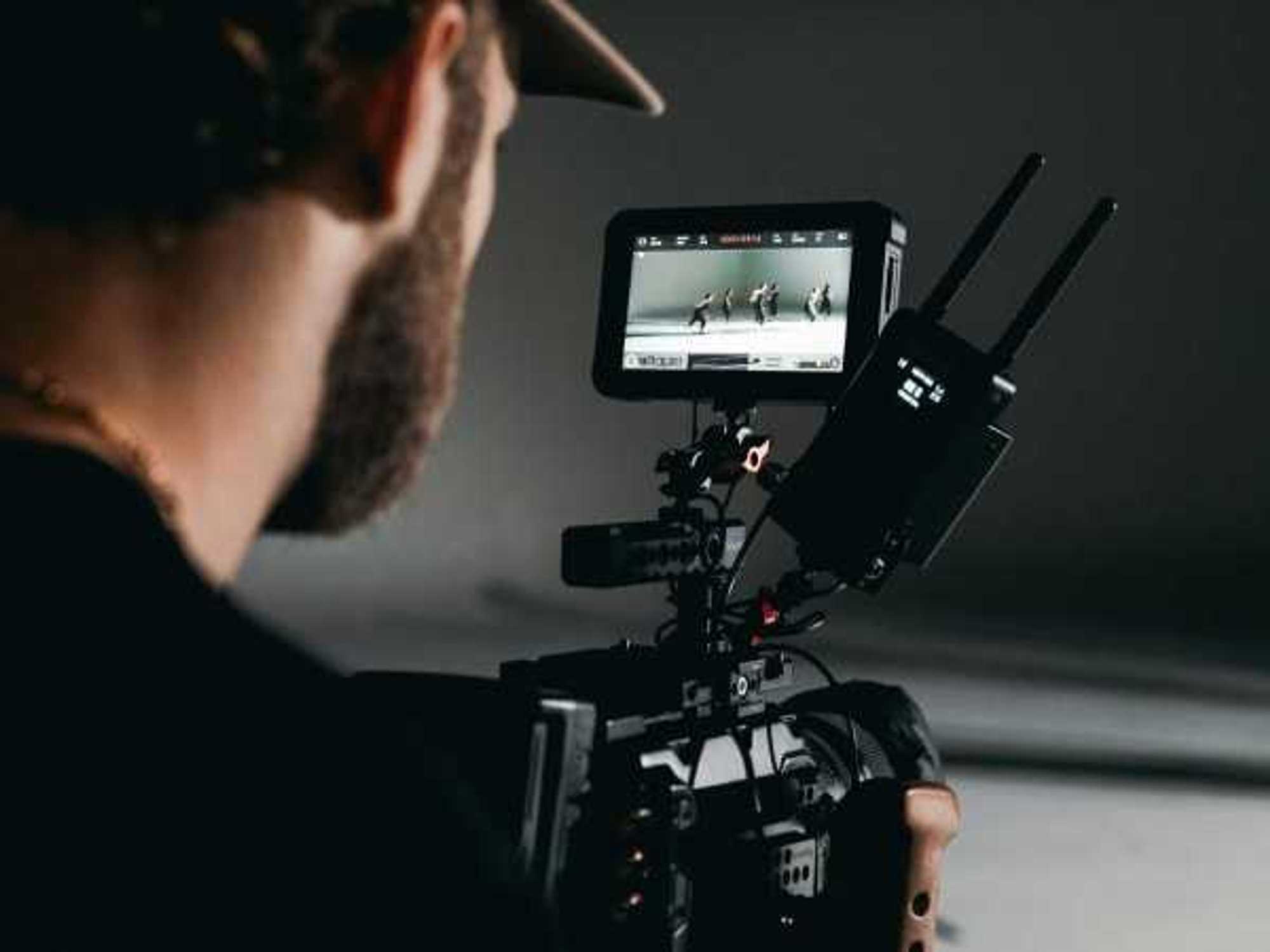Confessions of a Judge
Deciding who gets grants from the Houston Arts Alliance is much harder than itfirst appears
 Joel Luks, left, and Rodolfo Morales take their roles as grant evaluatorsseriously.Photo by Ryland Holmes Peveto
Joel Luks, left, and Rodolfo Morales take their roles as grant evaluatorsseriously.Photo by Ryland Holmes Peveto Panelists debate the merits of applications for Houston Arts Alliance New WorkFellowships for music compositions.Photo by Ryland Holmes Peveto
Panelists debate the merits of applications for Houston Arts Alliance New WorkFellowships for music compositions.Photo by Ryland Holmes Peveto
The room may have been intended for more subdued, diplomatic and intellectual conversation. The impeccable set-up, table name tags included, was meant for serious business. And though serious business was discussed, the discourse was animated and at times, boisterous.
Everyone in the room cared.
If there was ever any question of passion behind supporting creative pursuits in Houston, my recent involvement in the Houston Arts Alliance's (HAA) Individual Artist Grant New Work Fellowships for music compositions introduced me to an active and lively group of people. Amidst their friendly cacophony of criticisms was a personal interest in pushing the city's cultural offerings further while nurturing the development of those who create them.
As a music critic and classical flutist, I was asked to be part of a panel of six experts assembled by grants coordinator Kristina Spitzer to review applications and make recommendations.
The message echoed among everyone present was uniform: We want great original art that supports the local economy, enriching the cultural output while encouraging tourism in Houston.
Monies that support HAA's grants come directly from the Hotel Occupancy Tax (HOT), so any project funded must have the potential to bring in visitors, referred to endearingly as "heads in beds" by Fleurette Fernando, HAA's director of grants.
It was my first opportunity to partake in such a panel. As a group, we had the responsibility to influence fiscal decisions that impact what is presented in Houston and affect the livelihood of those with whom I interact regularly. Having written grants before, including some for HAA, the experience allowed me an insight into the other side of the process.
Only seven applications were received for this grant category, a steep gap from 27 in the visual arts category and 78 total — a common disparity despite HAA efforts in communicating the availability of this product to the community. The smallest category was choreography, with only five applicants submitting requests.
Emerging artists can receive $3,000 while established artists can collect $7,500. It's an all-or-nothing gift, and given what is allocated for music composition, an estimated three grants could be awarded.
The panel reviewed the applications blindly, although the visibility and popularity of some hopefuls made their work easy to identify — one even included a feature article I wrote.
But the group was successful in critiquing the applications, leaving preconceived notions aside. We discussed issues of artistic merit, originality, innovation, tourism and the artist's capability to carry out the described project on time and on budget.
It's about assessing the project as it is described on paper. Artist credentials play a role, but only in their ability to implement what has been proposed.
As grantsmanship is an art itself, common issues centered around interpretation, lack of details and the inability of the grant abstract to accurately describe the nuts and bolts of the project. Written communication is a skill often not addressed by many music conservatories and training programs, but rather acquired later via trial and error as a survival tactic.
This problem is largely exacerbated by issues of isolation. Often comfortable in their own realm and circle, some applicants need help in clearly articulating their activities to those less familiar with their art, craft or specific genre.
The panel was quite insistent and unforgiving in pointing out incongruencies with surgical accuracy. Some samples provided were not in alignment with the project's description. Some budgets included line entries for items not explained in the write-up. And while social media channels make for great marketing tools, simply listing these does not imply there is a strategy to run a successful campaign.
But the concern du jour centered around failed opportunities to organically engage different communities that genuinely would have an interest in the proposed program.
To help artists grow, HAA is considering releasing panel comments anonymously to all applicants, a practice previously reserved for recipients, with the goal to increase the quality of grant applications while helping grantees sharpen their skills to secure funding from other sources.
That would be in good collaborative spirit.
There were some fanciful instances of "legislating from the bench." Given the panel's personal stake in arts funding, the group was not shy about sharing how things ought to be — the could've, should've, would've that frustrates but provides good fraternal bonding conversation.
Though the panel's recommendations are not yet official and final, I was surprised at the rankings once votes were tallied. If approved, Houston is in for a cultural treat. An announcement of the winners should come early next month.
And for that, we need to thank HAA and HOT funds.
